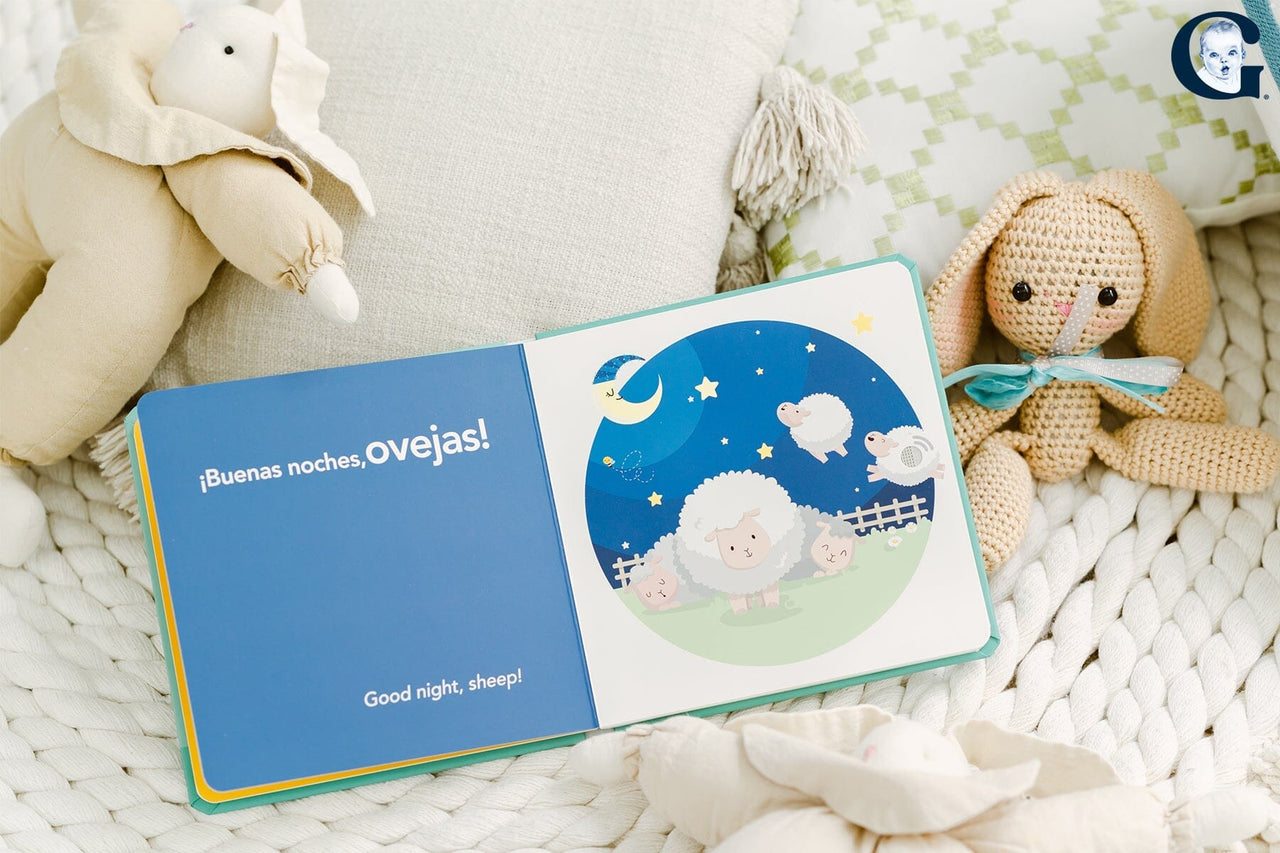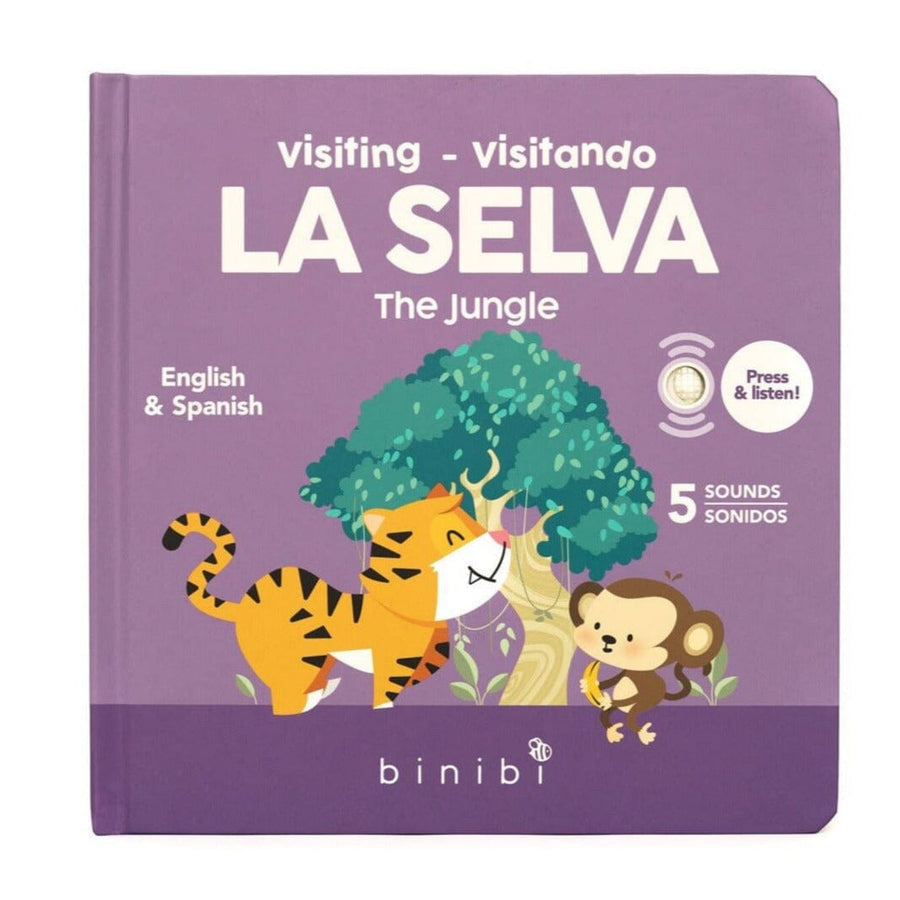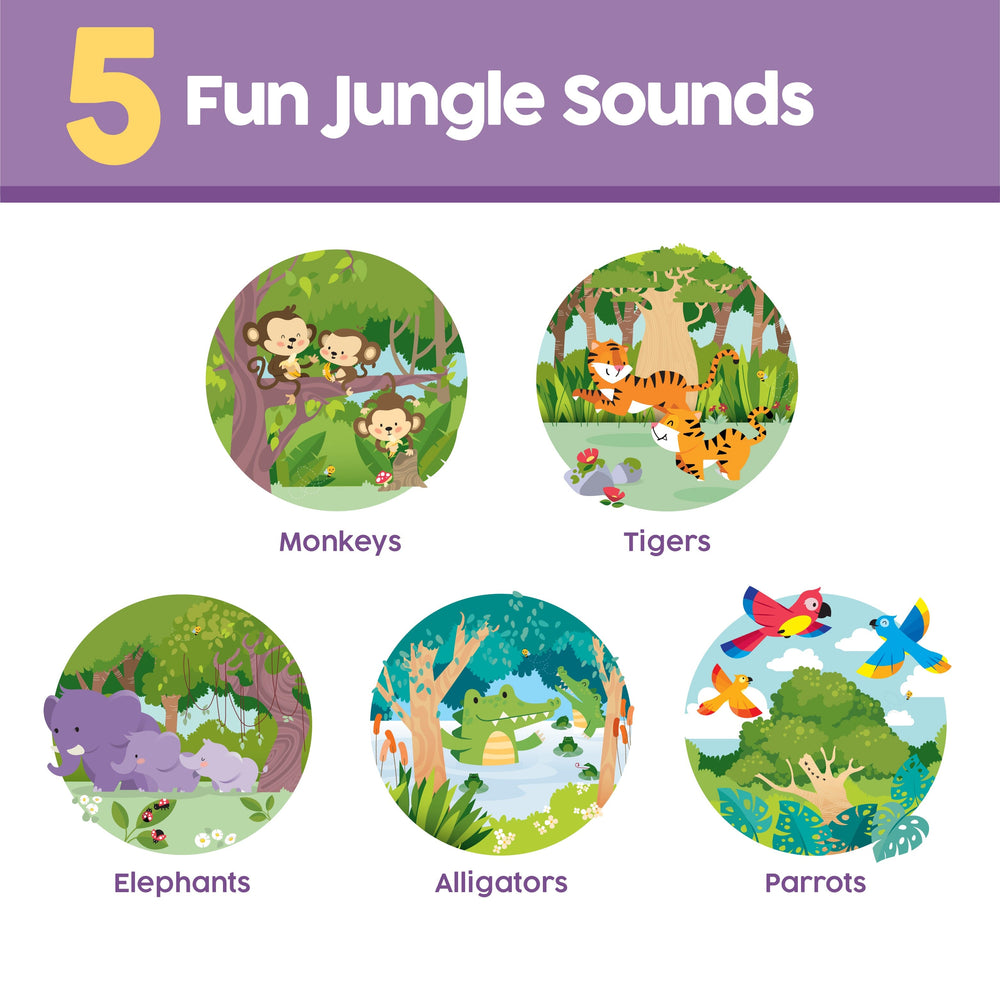Language in Your Baby’s First Year of Life

There is so much that happens in your baby’s first year of life! Your child learns basic motor skills and learns to sit up, crawl, play and interact with others. Additionally, one of the most significant components of your child’s development during this time has to do with language acquisition. Little ones show their first signs of language as early as birth when they begin absorbing and responding to sounds around them, later progressing to babbling, then graduating to real words, and eventually putting together phrases and sentences. In fact, during the first three years of your child’s life, his or her brain is undergoing its most intensive period for learning speech and developing language skills.
Because these early years are so crucial for language learning, many parents choose to start introducing multiple languages very early on, as young children’s brains are much more equipped to acquire language skills. Whether you are helping your child learn the basics of English or are planning on raising a bilingual child, understanding this formative first year is essential to your child’s overall success in learning how to communicate with others.
What Language Skills Will My Child Likely Have in Their First Year?
Even though your child won’t be speaking in full sentences by their first birthday, they are learning far more about language than you could imagine! Here are some of the basic language skills your child will likely have by the time they turn one.
0-6 Month Language Skills
- Expresses needs and emotions through crying, including different cries to express different needs
- Responds to sounds and voices, including changes in tone of voice
- Smiles at people around them
- Giggles & laughs in response to show contentment or amusement
- Makes cooing and babbling sounds
- Begins recognizing their own name
6-12 Month Language Skills
- Begins to recognize common words and requests
- Can imitate speech sounds
- Use speech or other sounds, besides crying, to garner more attention
- Can communicate using gestures like waving or asking to be picked up
- Can babble and develop basic words like “mama” or “dada”
- Can say one or two words
While these are all important building blocks that will impact your child’s ability to communicate and help provide them with a strong foundation for language development in the future, keep in mind all children will develop at their own pace.
As a parent, there are several things that you can do to help encourage language development in your child even from an early age before he or she can properly talk. As silly as it may feel, encouraging your baby to talk before they can actually do so and speaking to your child constantly using real, adult language that they may not yet understand instead of “baby talk” lead to language development in the future. Also, make sure to set aside time for plenty of reading. Reading is key for providing your little one with the language exposure they need while also creating some incredible parent-child bonding time!
Even if you can’t see the fruits of your efforts right away, rest easy knowing that the extra effort you are making to help your child’s language skills is beneficial. All of the work you put in early on will only help your baby grow up to have a better and more confident grasp on language in the future.
Sources: ASHA the American Speech-Language-Hearing Association, Speech and Language Kids by The SLP Solution
This blog series is powered by Binibi, an education company dedicated to promoting bilingualism at the earliest ages. Binibi makes bilingual sound & musical books for children ages 0-5 that are designed for parents to have a fun and easy way to introduce a second language at home, from day one. Binibi is dedicated to creating reading experiences that are both entertaining and educational, and to encouraging parents and caregivers to spend time with their babies through reading together. Binibi seeks to promote language development in children and to encourage families to raise bilingual children.



























